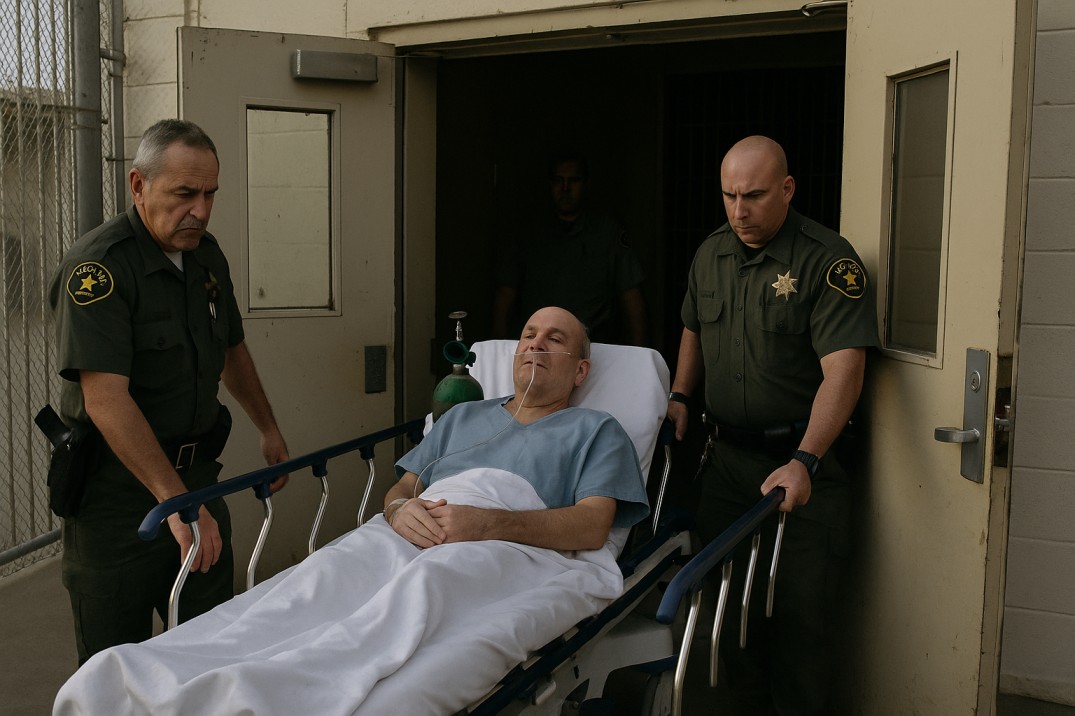California has ended its medical parole program, forcing several critically ill inmates to return to prison. This decision has drawn sharp criticism from human rights groups, medical experts, and justice reform advocates. The medical parole program once allowed the state to release inmates who were terminally ill or physically incapacitated. Now, many of those people face prison life again—despite needing constant care.
What Was the Medical Parole Program?
The program began in 2010 to reduce overcrowding and provide humane treatment for inmates with serious health issues. Prisoners who posed no public safety risk could leave prison and receive care in skilled nursing or hospice facilities. According to the California Department of Corrections and Rehabilitation (CDCR), a medical team reviewed each case. The Board of Parole Hearings made the final decision.
New Rules Limit Medical Release
Now, California only allows medical parole for inmates on mechanical ventilators. This rule excludes many who can’t walk, talk, or feed themselves but don’t need machines to breathe. KFF Health News reports that some were taken from care homes and sent back to prison. These people had been receiving 24-hour nursing care. In prison, they now live in crowded medical units with limited staff.
Voices from Experts and Advocates
“This policy is punitive and short-sighted. It increases suffering for the sickest individuals in our system without making communities safer.”— Laura Sanchez, Human Rights Attorney
Doctors and lawyers say this shift ignores both medical ethics and cost savings. Keeping very ill inmates behind bars may cost more than private care. Times Leader Online notes that many parolees had no history of violence. They argue the public is not safer by keeping them locked up in prison beds.
Why the Change Matters
Advocates worry this move sets a dangerous precedent. Ending compassionate release for all but ventilator-bound inmates limits options for dying or disabled people in prison. The Atlantic explains that these programs save money and offer dignity to people at the end of life. By reversing course, California may cause harm and raise costs.
What Happens Next?
Legal groups plan to challenge the rule change. Some lawmakers have also expressed concern. They believe the new policy may violate disability rights and burden prison healthcare systems. If the courts agree, the state could face lawsuits or be forced to revise the policy again.
Conclusion
The end of California’s medical parole program has stirred controversy. While the state aims to tighten eligibility, critics say it punishes people who are too sick to pose any threat. For now, many who once lived peacefully in nursing homes have been moved back into prison walls—despite their frail condition.
To learn more, visit the CDCR’s official medical parole page.
Medical Disclaimer: This article is for informational purposes only and is not a substitute for professional medical or legal advice. Always consult a licensed professional for guidance.
Explore More :
https://innovatemed.org


